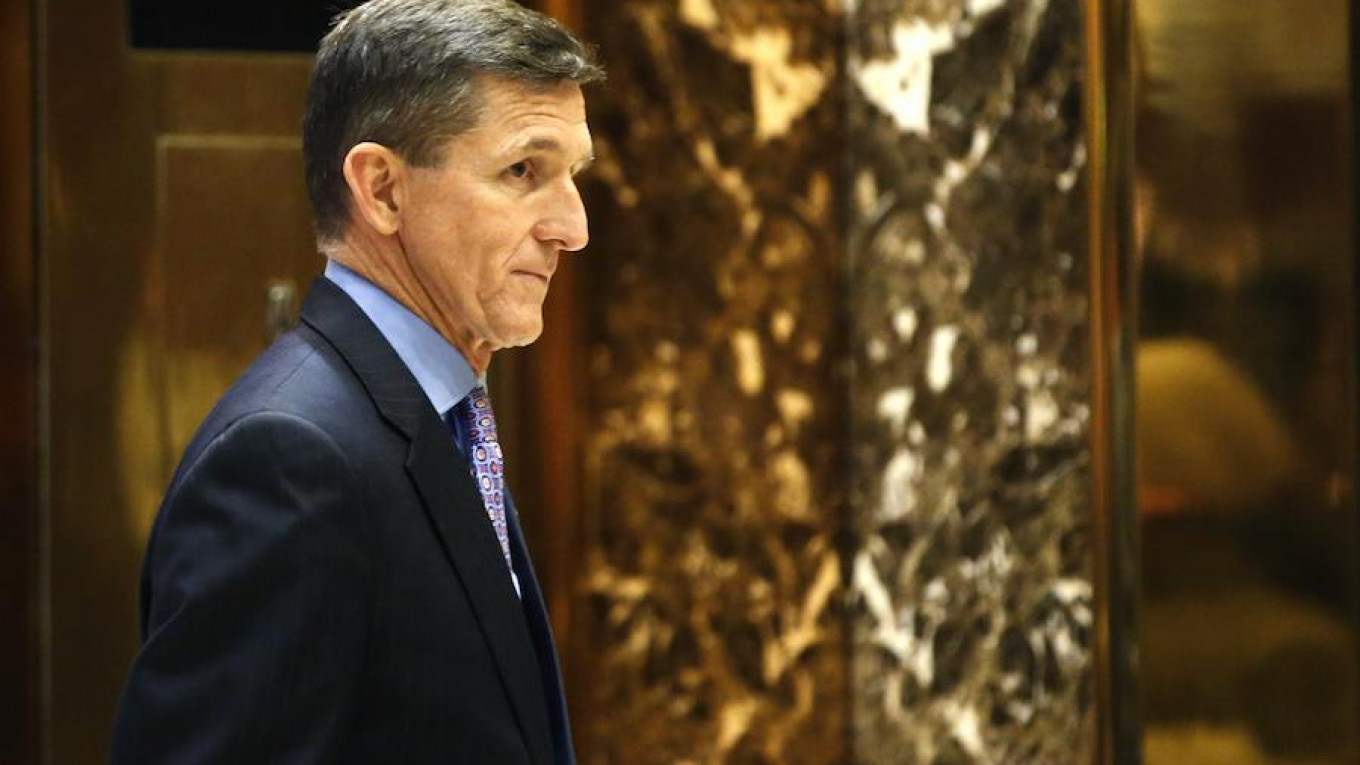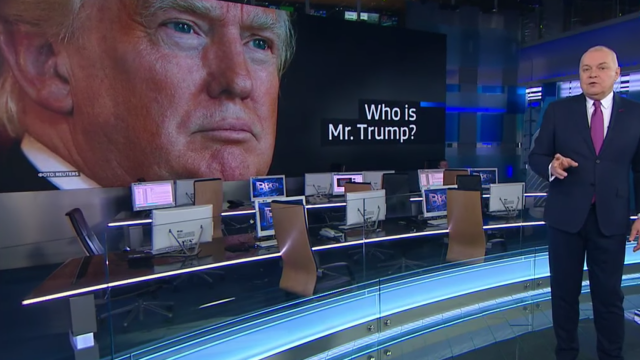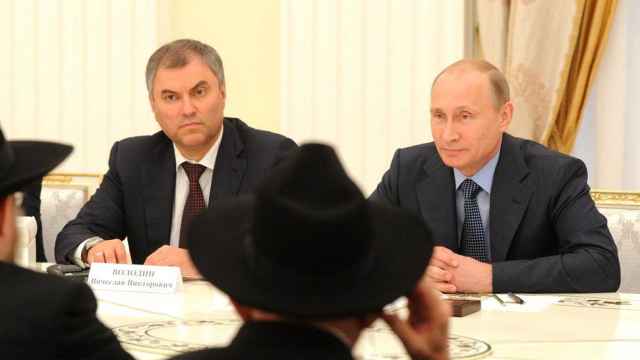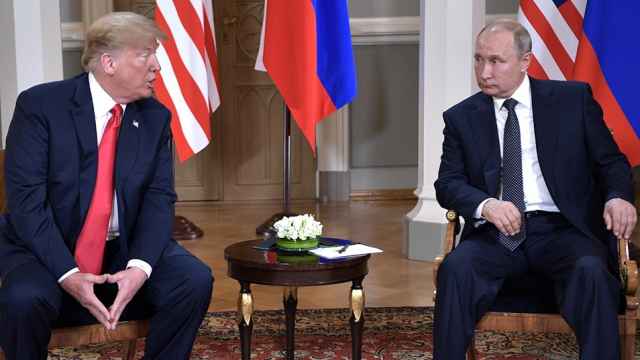U.S. National Security Advisor Michael Flynn has resigned following allegations that he secretly discussed sanctions with Russia’s ambassador to Washington before the Trump administration came to power.
Flynn repeatedly told the press that he had not talked about sanctions with Russian Ambassador Sergei Kislyak prior to President Trump’s inauguration. Those claims were then repeated by top U.S. officials, including Vice President Mike Pence.
The retired Lieutenant General then appeared to change his mind when The Washington Post newspaper published the same allegations from nine former and current government sources. In a statement to the paper on Thursday, Flynn’s spokesperson said that “while [Flynn] had no recollection of discussing sanctions, he couldn’t be certain that the topic never came up.”
Flynn’s changing statements appear to have angered top White House officials who had backed his previous claims.
According to U.S. news outlet CNN, Flynn said in his resignation that he had “inadvertently briefed the Vice President-elect and others with incomplete information” on his phone calls with Kislyak.
“In the course of my duties as the incoming National Security Advisor, I held numerous phone calls with foreign counterparts, ministers, and ambassadors,” the letter read. “These calls were to facilitate a smooth transition and begin to build the necessary relationships between the President, his advisors and foreign leaders. Such calls are standard practice in any transition of this magnitude."
“Unfortunately, because of the fast pace of events, I inadvertently briefed the Vice President-Elect and others with incomplete information regarding my phone calls with the Russian Ambassador. I have sincerely apologized to the President and the Vice President, and they have accepted my apology,” he wrote.
Retired Army Lieutenant General Keith Kellogg, Flynn’s former chief of staff, was named as acting national security adviser in a statement by White House Press Secretary Sean Spicer.
The ongoing row raises further questions on whether Flynn’s conversations could have influenced the Kremlin’s foreign policy.
Two Washington Post sources also claimed that Flynn urged Russian diplomats not to “overreact” to sanctions placed on Moscow by the Obama administration - potentially leading the Kremlin to believe that the measures would soon be lifted.
Former president, Barak Obama, expelled 35 Russian diplomats from the United States after accusing the Kremlin of interfering in the U.S. elections. President Putin refused to retaliate and instead invited the children of U.S. diplomats in Russia to spend the New Years’ holidays at the Kremlin.
The Washington Post and The New York Times have also both reported that Flynn was in contact with Russian diplomats before Trump’s election in November 2016. The U.S. administration and the Kremlin have both denied making contact with each other during Trump’s campaign.
Flynn has previously been criticised for his closes ties to Moscow, having appeared at a gala dinner in Moscow with President Putin in 2015. The official maintained that he had been paid to attend the event as a speaker.
A Message from The Moscow Times:
Dear readers,
We are facing unprecedented challenges. Russia's Prosecutor General's Office has designated The Moscow Times as an "undesirable" organization, criminalizing our work and putting our staff at risk of prosecution. This follows our earlier unjust labeling as a "foreign agent."
These actions are direct attempts to silence independent journalism in Russia. The authorities claim our work "discredits the decisions of the Russian leadership." We see things differently: we strive to provide accurate, unbiased reporting on Russia.
We, the journalists of The Moscow Times, refuse to be silenced. But to continue our work, we need your help.
Your support, no matter how small, makes a world of difference. If you can, please support us monthly starting from just $2. It's quick to set up, and every contribution makes a significant impact.
By supporting The Moscow Times, you're defending open, independent journalism in the face of repression. Thank you for standing with us.
Remind me later.






